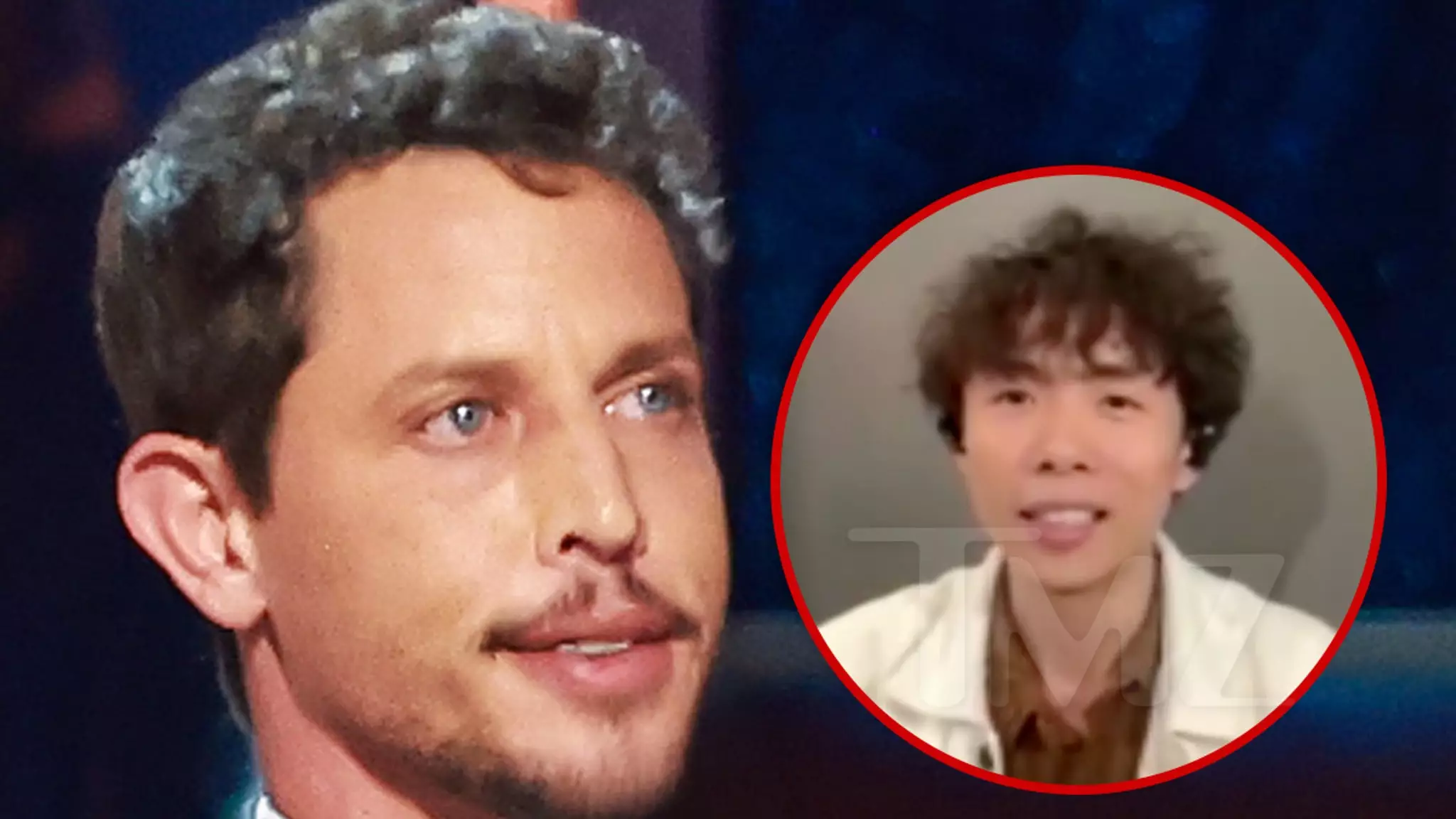In the intricate world of comedy, the delicate balance between humor and offensiveness often leads to heated debates. One such recent controversy involved comedian Tony Hinchcliffe, who faced backlash for making a derogatory comment about Puerto Rico during a performance. Fellow comedian Peng Dang has provided his perspective on this incident, drawing attention to a troubling pattern in Hinchcliffe’s comedic approach. This incident highlights a broader issue surrounding the boundaries of what is considered acceptable humor in today’s society.
Hinchcliffe’s controversial joke did not come as a surprise to Dang, who recounted his own experience with Hinchcliffe’s past offensive remarks. Three years ago, Hinchcliffe aimed a racist tirade at Dang that still resonates with him. This history creates a context where one can understand the outrage stemming from Hinchcliffe’s latest comments. Rather than isolated incidents, these instances suggest a fundamental approach to comedy that relies heavily on shock value, often at the expense of marginalized groups. The implications of this style reveal a troubling trend within the realm of comedy, where the laughter of the audience sometimes overshadows the need for sensitivity and awareness.
Dang suggests that Hinchcliffe is emblematic of a larger current in comedy that dismisses criticism as “cancel culture.” This term has become a catch-all for discussions about accountability in the arts, often used by individuals who feel attacked for their controversial statements. By framing backlash through this lens, comedians like Hinchcliffe can evade responsibility for their words and actions. Analyzing this phenomenon reveals the ways in which artists can exploit their public personas to shield themselves from scrutiny, all while claiming a devotion to their craft. Such tactics can significantly undermine the integrity of the comedic profession by prioritizing notoriety over thoughtful engagement.
Hinchcliffe’s inflammatory jokes ultimately cost him his representation in the industry, serving as a stark reminder of the repercussions associated with offensive humor. The sensitivity of audiences has evolved, particularly in an age shaped by social media, where voices can quickly amplify collective outrage. The incident garnered significant attention, reaching figures such as Puerto Rican rapper Bad Bunny, who publicly expressed his views against Hinchcliffe’s remarks, alongside numerous celebrities who joined the outcry. This highlights a growing consensus that comedy should engage with social issues rather than propagate stereotypes and discrimination.
Ultimately, the ongoing discourse surrounding Tony Hinchcliffe presents an intersection of comedy, cultural awareness, and social accountability. Comedians must grapple with their influence in shaping societal narratives, particularly those surrounding marginalized experiences. As a culture, we are at a crossroads where the line between humor and harm is continually being renegotiated. Through the lens of Peng Dang’s experiences, it becomes evident that robust dialogue about the ramifications of our words is essential in fostering a more understanding and inclusive environment for all voices in comedy. The evolution of this conversation will be crucial in determining the future of the comedic landscape.


Leave a Reply